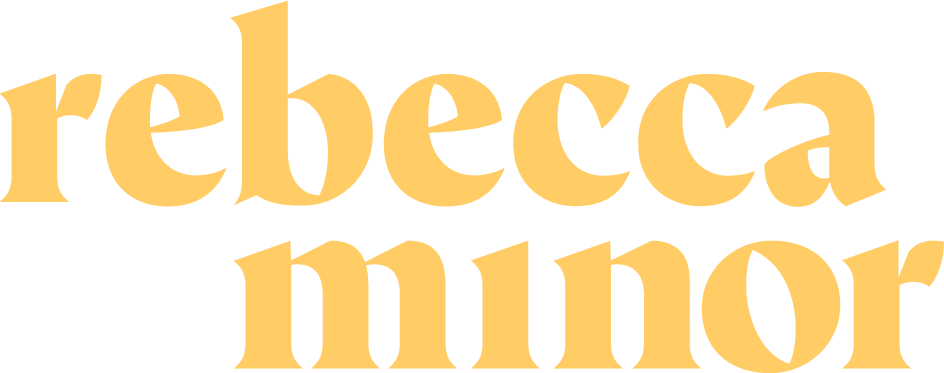In BarbieLand, P is for Patriarchy
In 1993, my mom refused to buy me Barbies, believing they perpetuated anti-feminist ideals and could foster potential body image issues (she was ahead of her time!). Fast forward 30 years, I watched in awe as the Barbie movie deftly and campily mocked heteronormative culture, while simultaneously exposing a staggering 12.8 million Americans to the social construction of gender roles that upholds the system of patriarchy. The movie not only drew double the number of attendees compared to the opening weekend of Oppenheimer, but it also sent an awakening shockwave across the nation, challenging harmful gender constructs on an unprecedented scale. We are no longer confined to preaching to the choir; we now preach to the millions who have visited the realm of BarbieLand.
The Ken’s Are Angry
Let's explore the impact of the Barbie movie, which not only captivated audiences with its colorful and nostalgic song and dance but also sparked significant reactions from conservative commentators who resorted to such extreme measures as lighting dolls on fire. Conservative commentators drew controversy and ridicule around the Barbie movie with their critical remarks. One commentator claimed the film's message was, "Either you're a third-wave feminist who hates men, truly hates men, or you're brainwashed." This same commentator was upset by the film's frequent (10+) and unironic use of the term "patriarchy" and urged followers to leave negative reviews if polled by CinemaScore. Another far-right media figure criticized the movie for portraying Kens as less intelligent than the Barbies and deemed it a "man-hating Woke propaganda fest." He also referred to a clip from the film as "possibly the most anti-male film ever made." When conservative commentators are this upset, we know that Greta Gerwig’s Barbie has become a powerful catalyst, igniting a nationwide dialogue on the detrimental influence of gender norms perpetuated by the patriarchal system.
*Sparkling* Conversations on Gender Equality
The Barbie movie's vibrant and charming façade cleverly invites its audience into a gender 101 class. By skillfully luring the public into the realm of playful innocence and childhood nostalgia with dolls, the film confronts (and for many, surprises) audiences with the weighty realities of gender inequality, compelling them to sit with uncomfortable truths. Through the universal language of song and dance, the Barbie movie achieves what traditional rhetoric often fails to do – it reaches people from all walks of life, effectively exposing the masses to the realities of gender inequality. Undoubtedly, in real life, men continue to wield significant power both on a global scale and within Mattel itself. According to the company's website, nearly all current executive officers, with the exception of one, are men. Was the Barbie movie perfectly intersectional and provided nuanced commentary on race and capitalism, no - but it did highlight how the limitations of the binary are harming all of us as we often unknowingly continue to do the bidding of the patriarchal system.
The Power of Storytelling
By sparking a national conversation, the Barbie movie invites everyone to reevaluate their own beliefs and biases. For audiences of all ages, it encourages critical self-reflection and empowers individuals to become active participants in dismantling the oppressive structures of patriarchy. The Barbie movie serves as a powerful reminder that storytelling can drive social change. Bridging the gap between entertainment and activism, this delightful yet transformative film challenges norms and disrupts harmful paradigms.
I hope the movie serves as a colorful wake-up call and invites more folks to join the conversation about gender and our capacity for joy when we free ourselves from the binary.
There is so much more to say… Stay tuned for more Barbie Movie discourse by signing up for my newsletter!
Take Action Today!
Go to the Protect Trans Youth page for ways to take action, resources, and suggestions for where to donate your time and money.
Has a kid in your life recently come out to you? Check out my free guide!
Sign up for How To Talk To Kids About Gender, the course that helps parents and caregivers have the not-so-difficult conversations that matter about gender.
